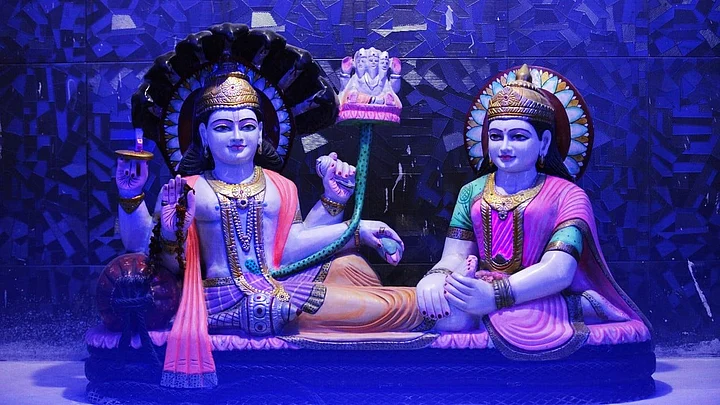Vijaya Ekadashi 2024: The word 'Vijaya' means victory and those who observe this day-long fast are believed to be blessed with success and victory in all their endeavours. Ekadashi is the eleventh day of the lunar calendar and is considered an auspicious day by Hindus. It occurs twice a month during Shukla Paksha and Krishna Praksha.
Vijaya Ekadashi 2024: Significance
Ekadashi is a significant time for devotees of Vishnu who either fast with only water (nirjala) or consume a Sattvik diet, which helps to cleanse the body and mind.
It is a time to overcome internal enemies like desires, anger, and greed, and also to pray for victory over external enemies. Many people also believe that by observing Ekadashi, they can get rid of their internal sins and reach spiritual progress.
Vijaya Ekadashi 2024: Puja Dates and Timings
There are 24 Ekadashi observances in a year. The fast is observed twice a month. The parana time (the period of fasting) begins on 6 March 2024, and ends on 7 March 2024. Devotees must follow the puja tithi and plan the day accordingly.
Here are the puja timings for Vijaya Ekadashi 2024 you should note if you want to observe it:
Parana Time: 1:43 pm to 4:04 pm
Hari Vasara End Moment: 9:30 am
Parana Time for Vaishnava Ekadashi: 8 March 2024, 6:38 am to 9:00 am.
Ekadashi Tithi start time: 6:30 am on 6 March 2024.
Ekadashi Tithi end time: 4:13 am on 7 March 2024.
Vijaya Ekadashi 2024: Rules To Follow
Here are some of the rituals you should follow on Vijaya Ekadashi if you are observing fasts and conducting prayers:
To observe the fast, you should wake up early and take a holy bath.
You should also clean up the Puja area and decorate it with flowers and mango leaves.
You should place an idol or image of Lord Vishnu on a chowki (raised platform).
After that, you should offer prayers and light an oil lamp.
You should also offer Lord Vishnu panchamrit (a mixture of five nectars: milk, curd, honey, ghee, and sugar).
You should also offer fruits, flowers, and Tulsi leaves (considered sacred in Hinduism).
Finally, you should recite Vishnu mantras and shlokas (hymns).
(Disclaimer: Parts of this article were generated by AI and published after the content was editorially modified and verified by a human based on their own judgement and expertise. The Quint does not publish AI-generated content without direct human involvement and oversight).
(At The Quint, we question everything. Play an active role in shaping our journalism by becoming a member today.)
